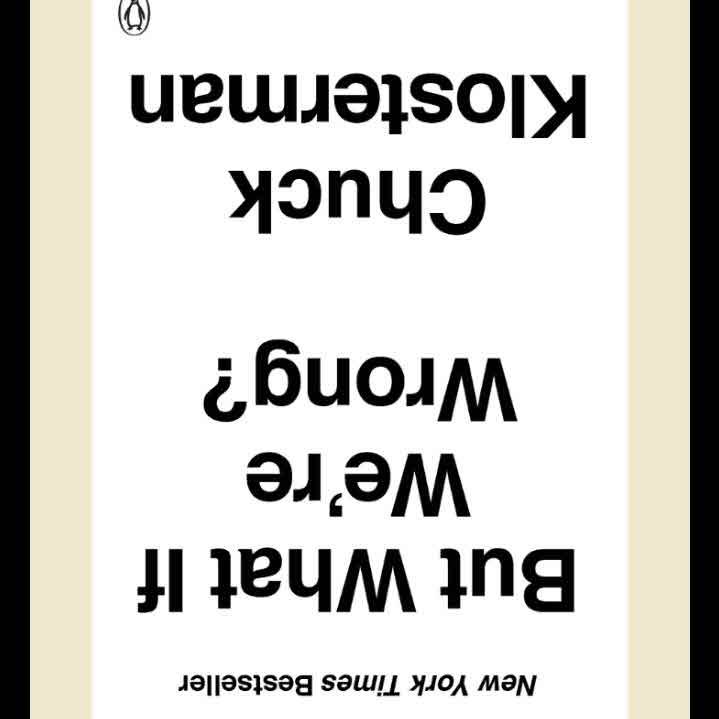
The first third of this book is a little slow and a bit repetitive, but I strongly urge that readers stick with it, because it becomes VERY interesting.

The first third of this book is a little slow and a bit repetitive, but I strongly urge that readers stick with it, because it becomes VERY interesting.
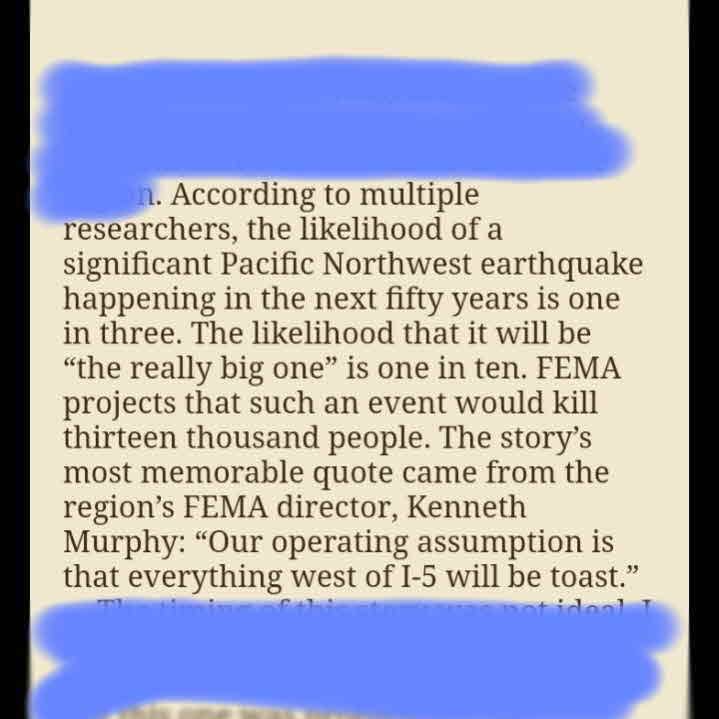
And by "significant," he's referring to a 9.0 earthquake, followed by a massive tsunami.
At some point, if you live long enough, it's probably impossible to avoid seeming crazy.
The ultimate failure of the United States will probably not derive from the problems we see or the conflicts we wage. It will more likely derive from our uncompromising belief in the things we consider unimpeachable and idealized and beautiful. Because every strength is a weakness, if given enough time.

"If you want to amplify the value of your vote, the key is convincing other voters to stay home." That is such a fascinating way of looking at it! It reminds me of when the lottery jackpot is really huge, and everyone asks each other if they bought tickets. By reminding other people to play the lottery, all you're doing is lessening your chances even more. I'm always stunned at how many people don't realize that.
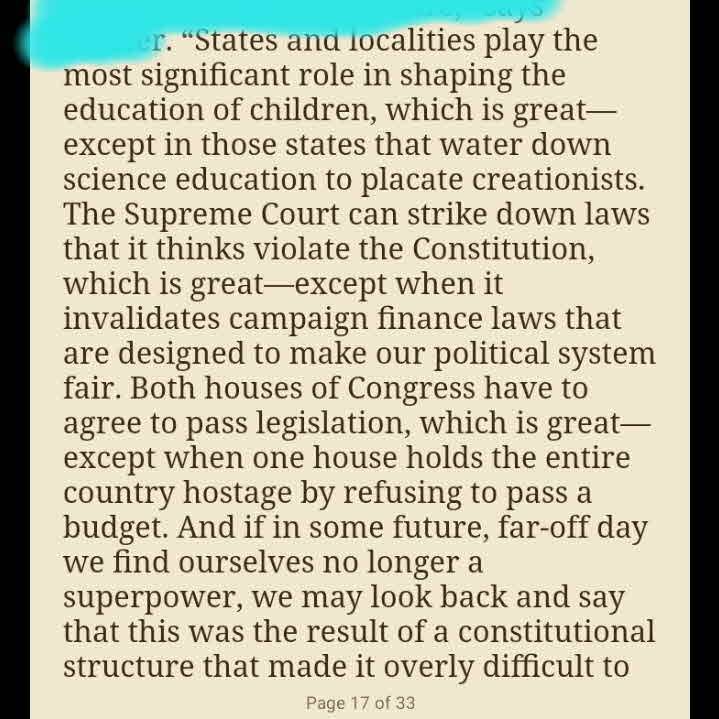
(Continued)...implement wise social and economic policy."
(Constitutional historian Jay Wexler)
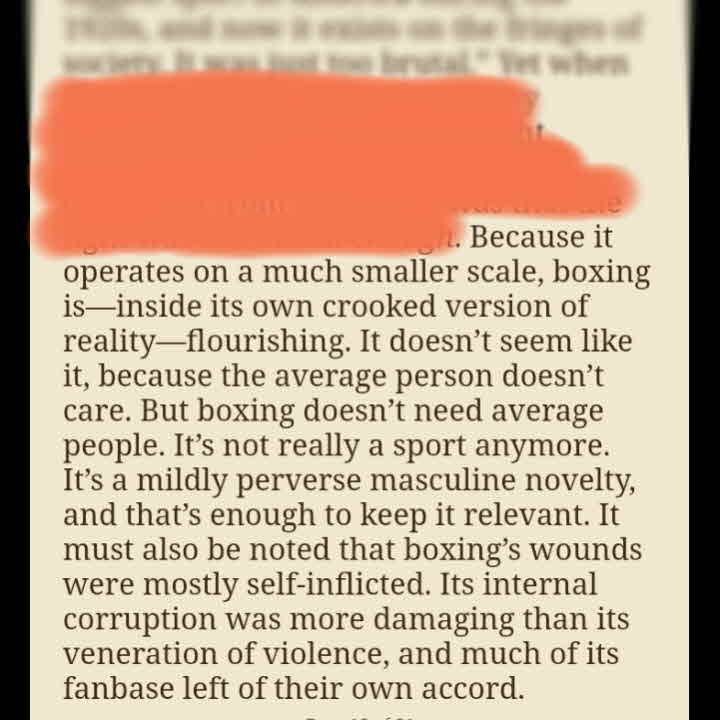
This interesting comparison to boxing is one of the reasons why Klosterman thinks that football will never die, despite our increased understanding of its violence.
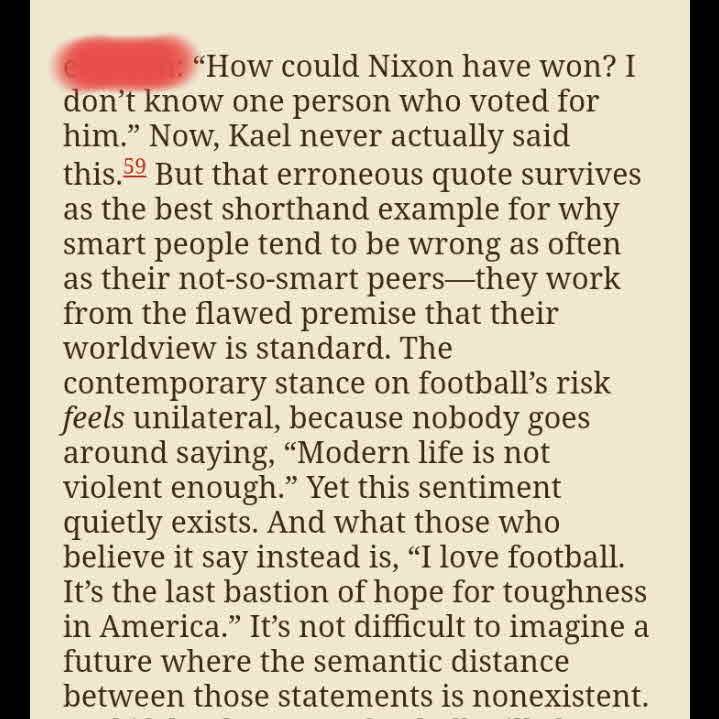
(Continued)...And if that happens, football will change from a leisurely pastime to an unpopular political necessity.
(Note: Klosterman is referring here to film critic Pauline Kael)
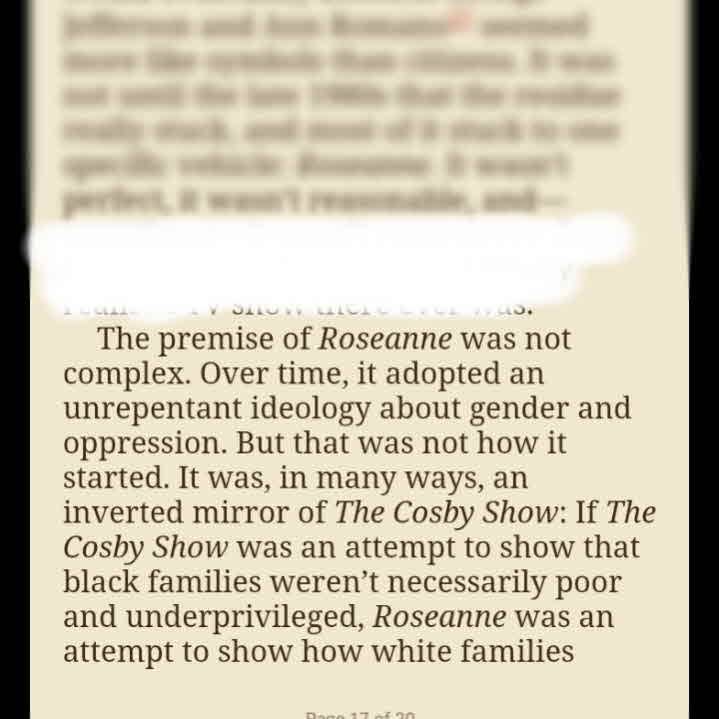
(Continued)... weren't necessarily rich and functional.
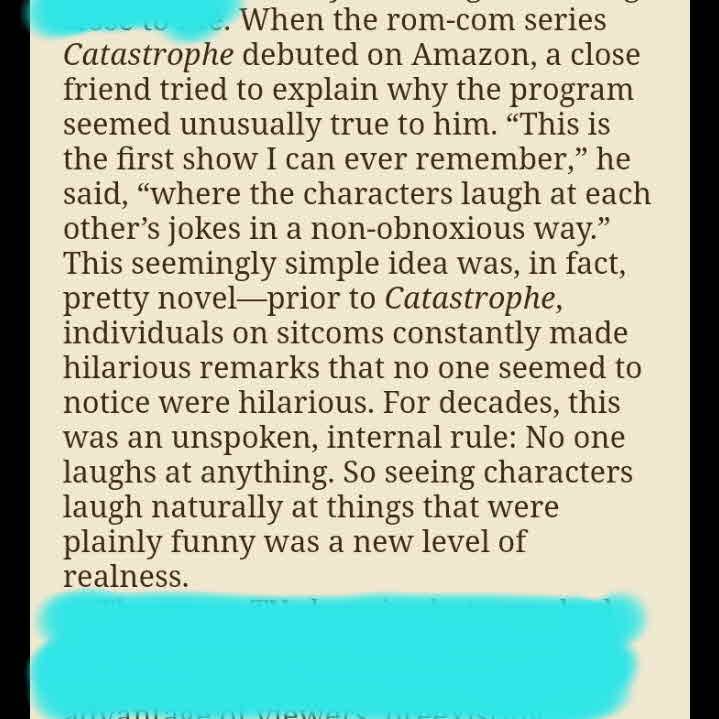
I don't know anything about this show Catastrophe, but that's an interesting point about how no one on television ever laughs at anything that's funny.
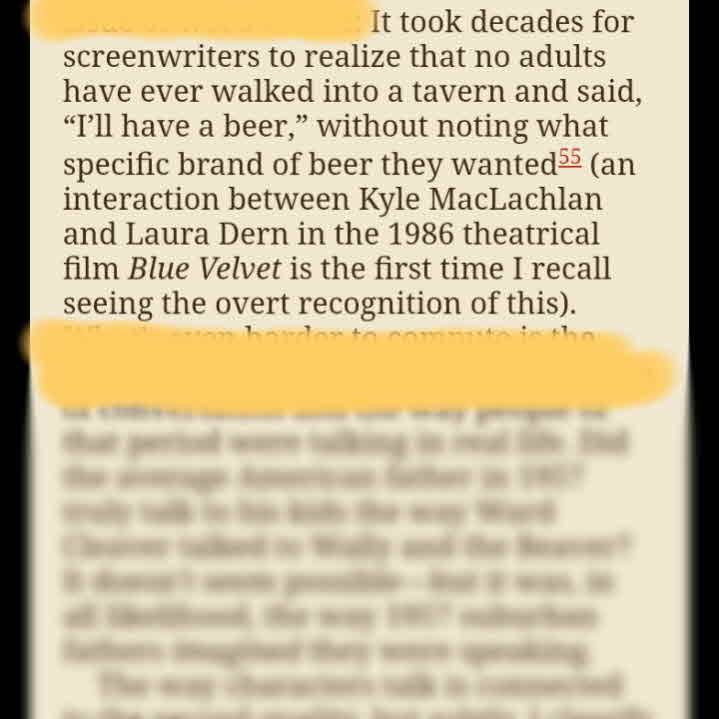
Yes! This drives me insane!
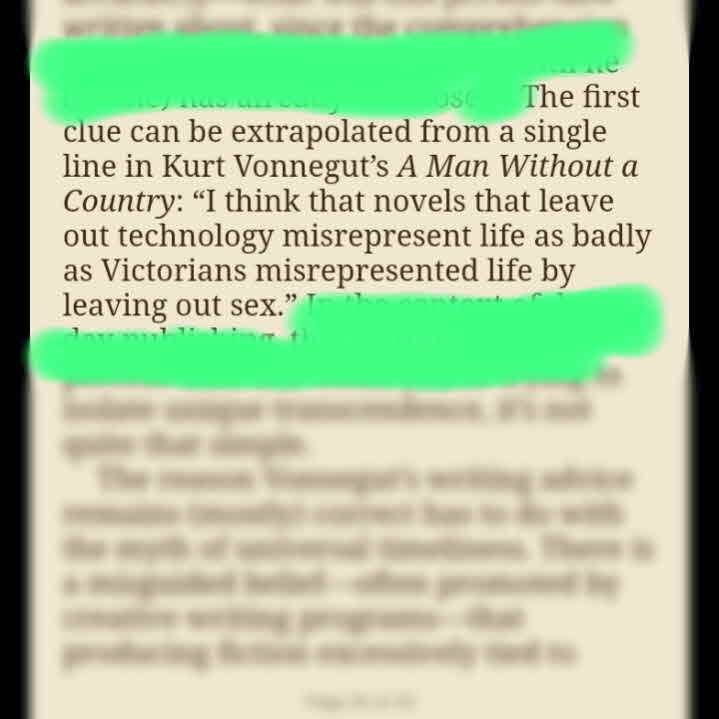
I don't agree with this, but it's an interesting thought.
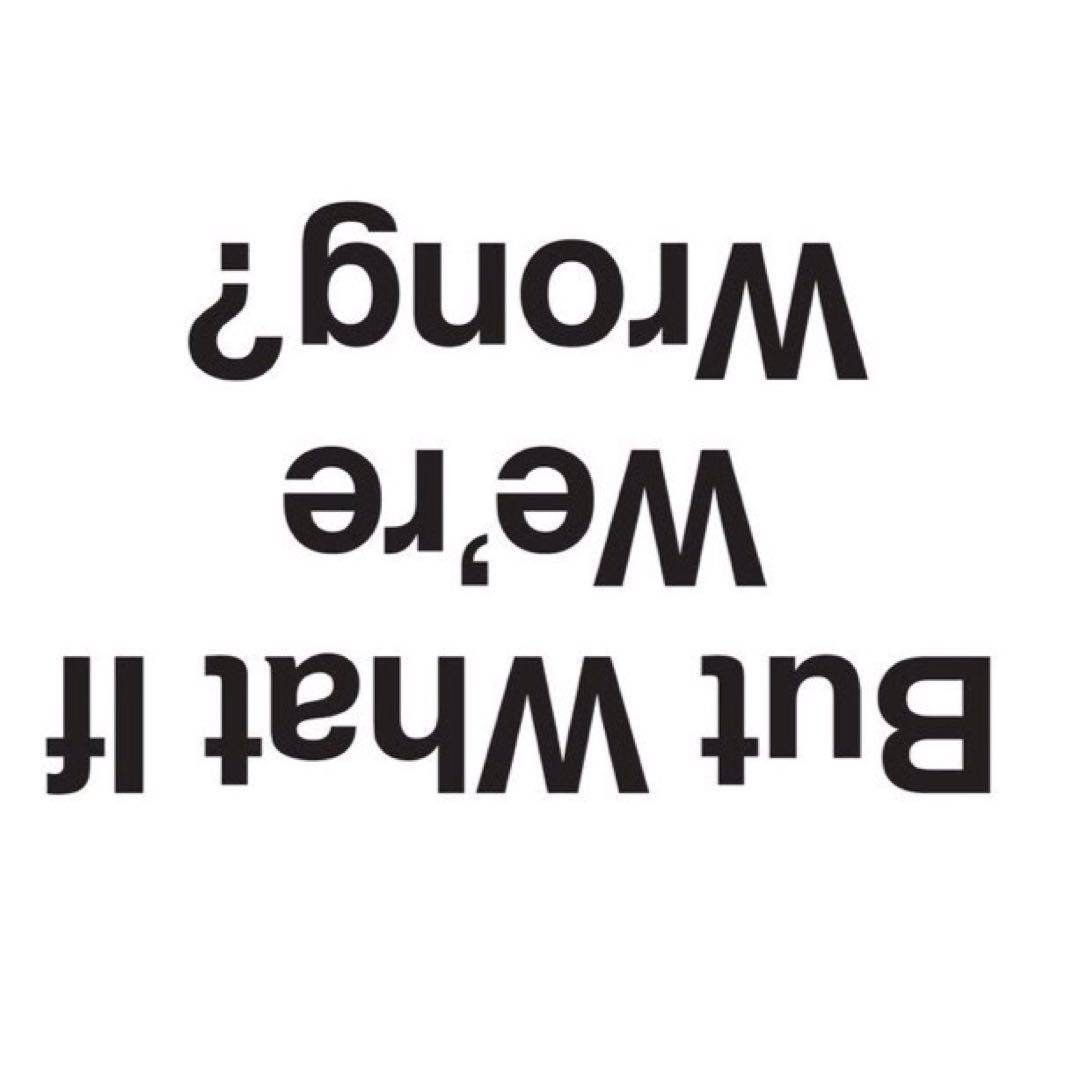
“Most commercial music disappears when the generation that made it dies.."
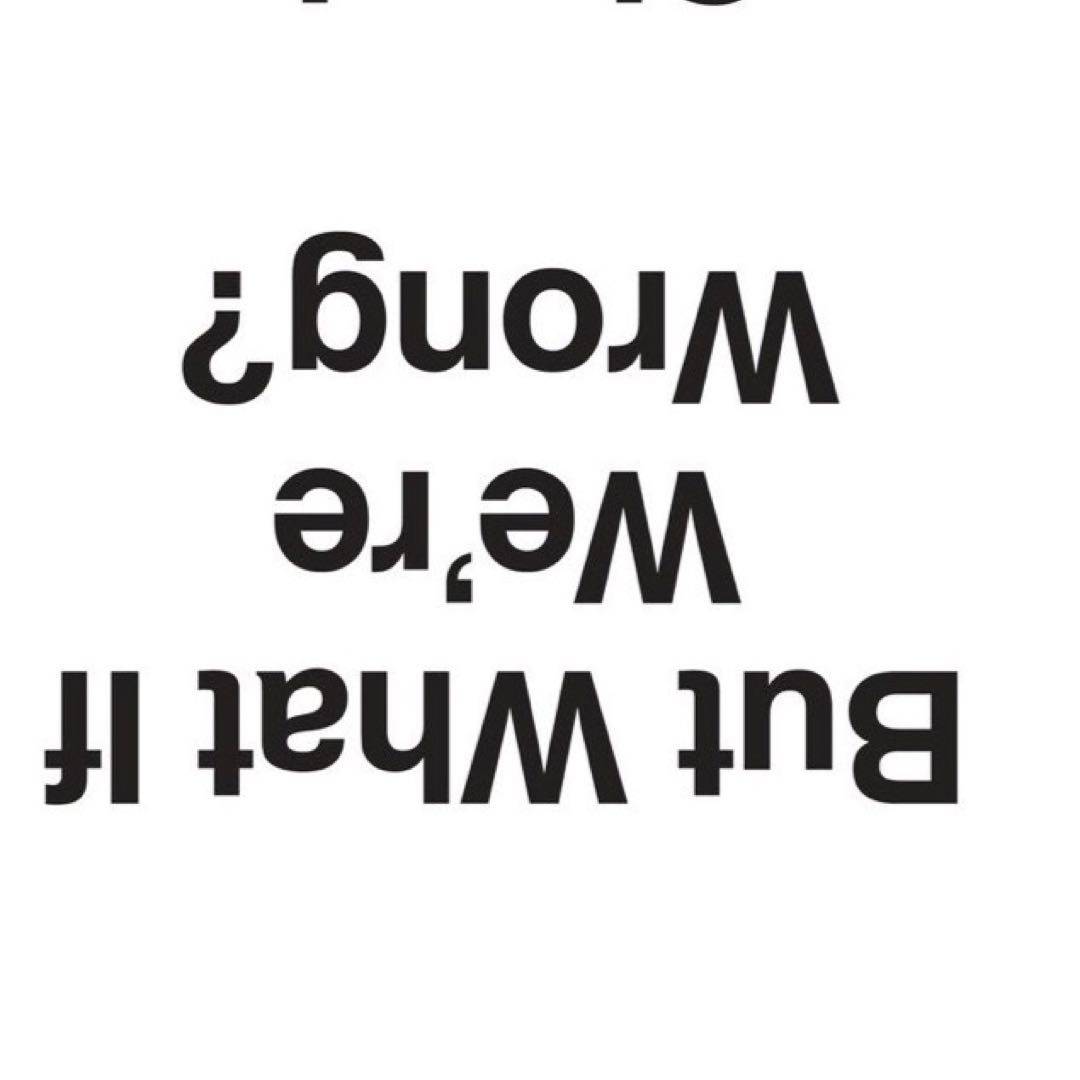
"But the objective world is different. Here, we traffic in literal facts—but the permanence of those facts matters less than the means by which they are generated.” 2/2
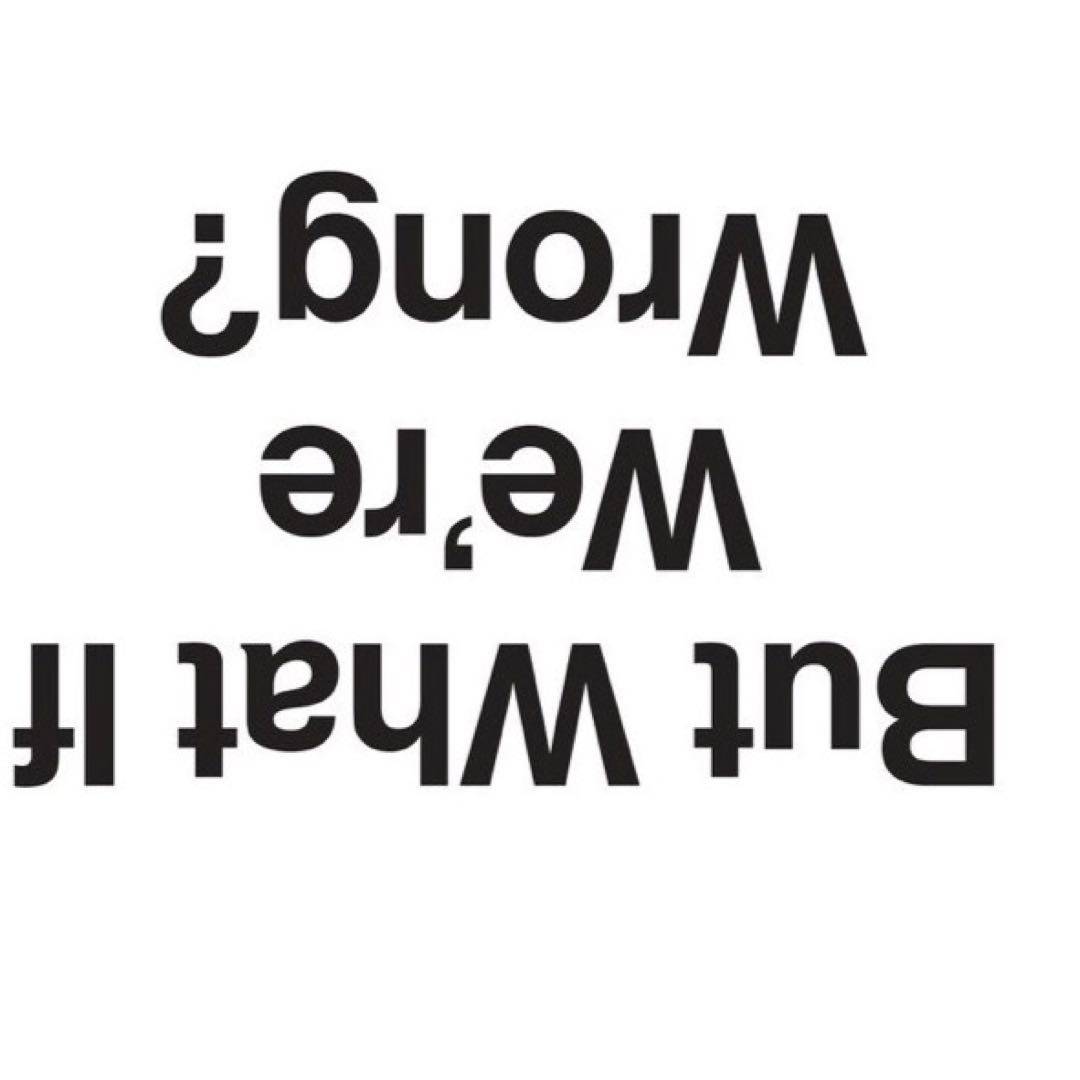
"Everyone concedes we have the potential to be subjectively wrong about anything, as long as we don‘t explicitly name whatever that something is. Our sense of subjective reality is simultaneously based on an acceptance of abstract fallibility (“Who is to say what constitutes good art?”) and a casual certitude that we‘re right about exclusive assertions that feel like facts (“The Wire represents the apex of television”). "1/2
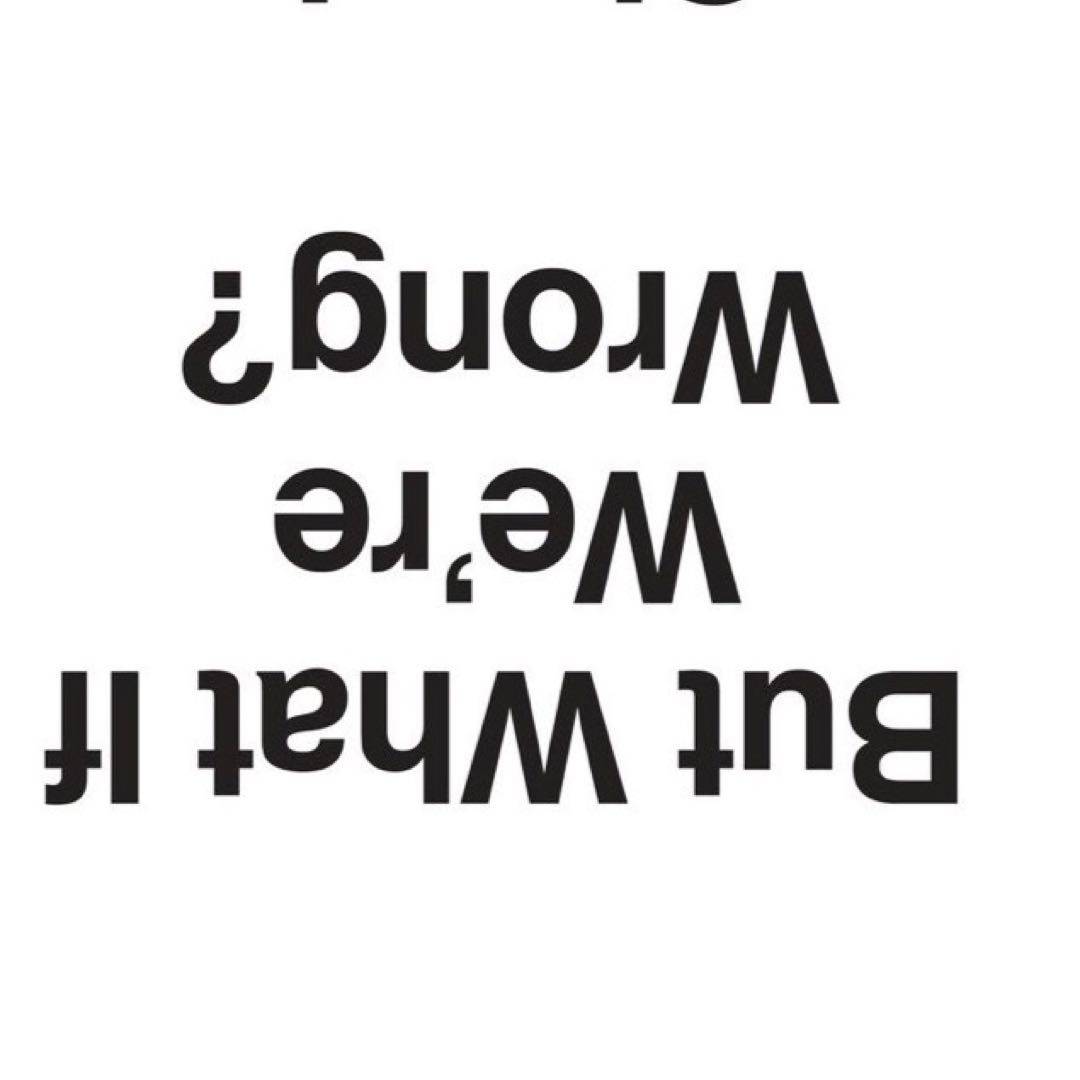
“Do you unconsciously believe that Shakespeare was an objectively better playwright than his two main rivals, Christopher Marlowe and Ben Jonson? If so, have no fear—as far as the world is concerned, he was. He is remembered in a way that Marlowe and Jonson are not, particularly by those who haven‘t really thought about any of these guys, ever.
To matter forever, you need to matter to those who don‘t care. And if that strikes you as sad, be sad."
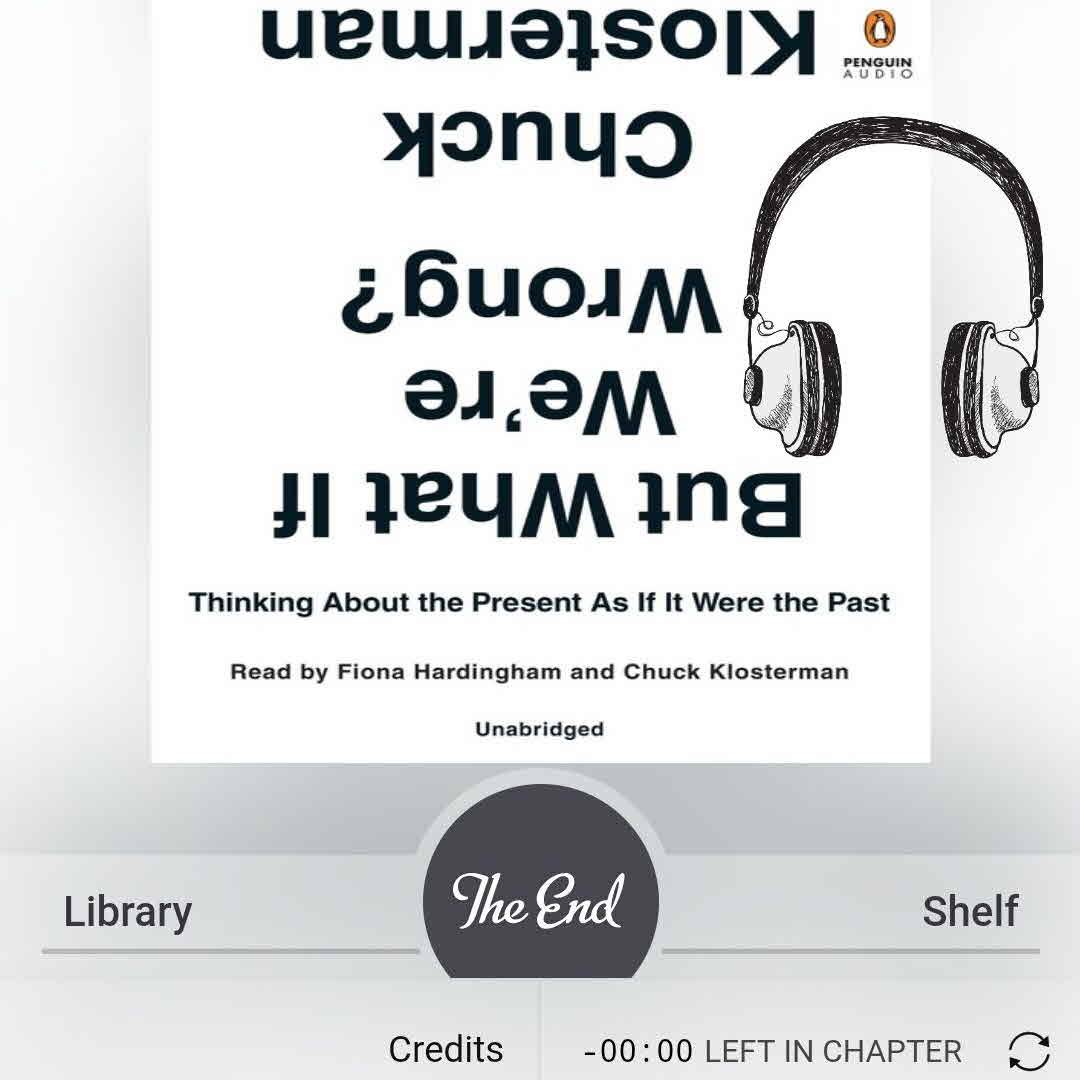
Very interesting idea, looking at the present from a future perspective, challenging all the ideas we are so sure are true, from the true function of gravity to less important things like how will current music be perceived 100 or 500 years from now. 4 💥💥💥💥 out of 5.
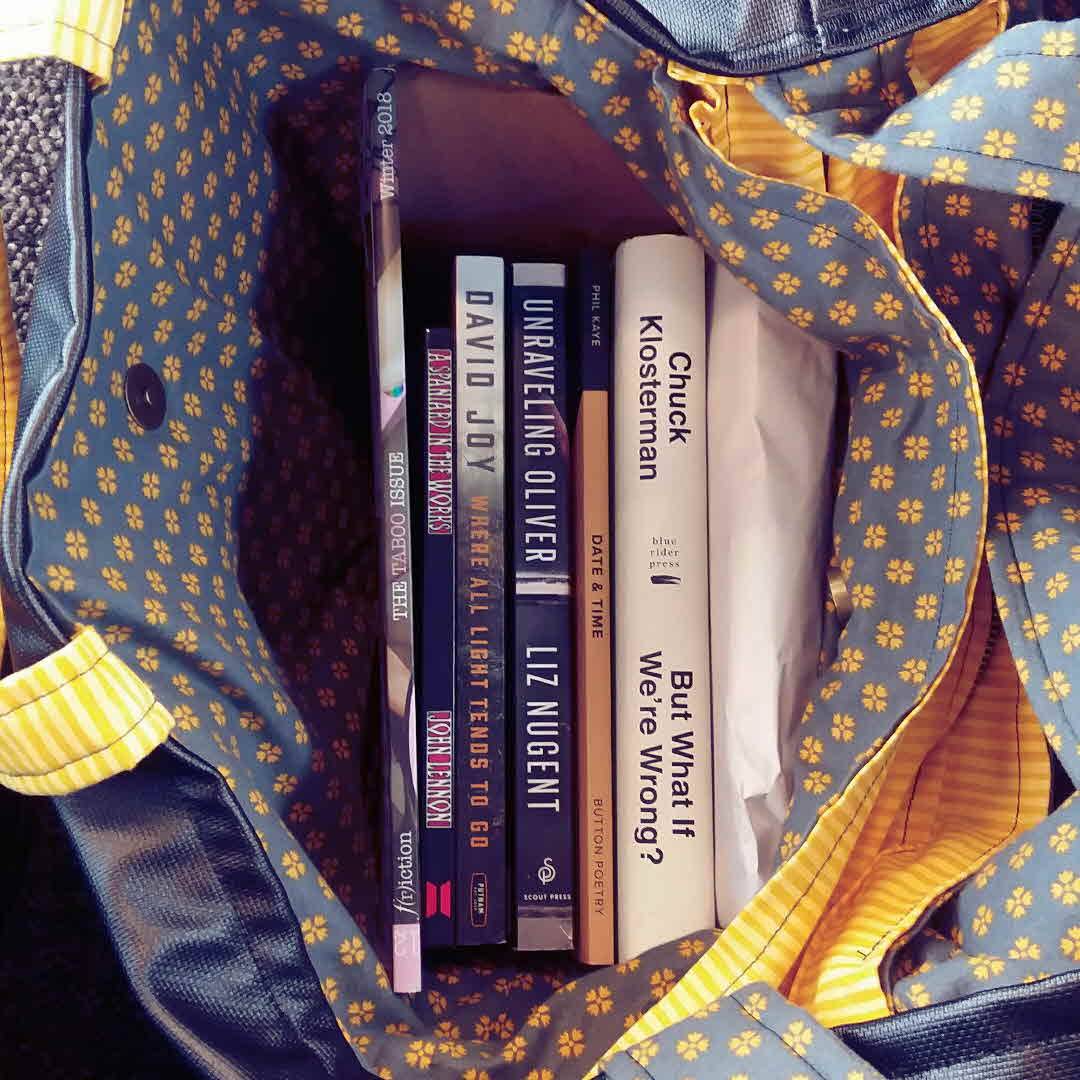
"Travel light", I said. "Don't buy books on vacation", I said.
Whoops. ?
(Two were gifted to me... but still...)

Starting this book today. I love using Libby. Who else enjoys Libby?
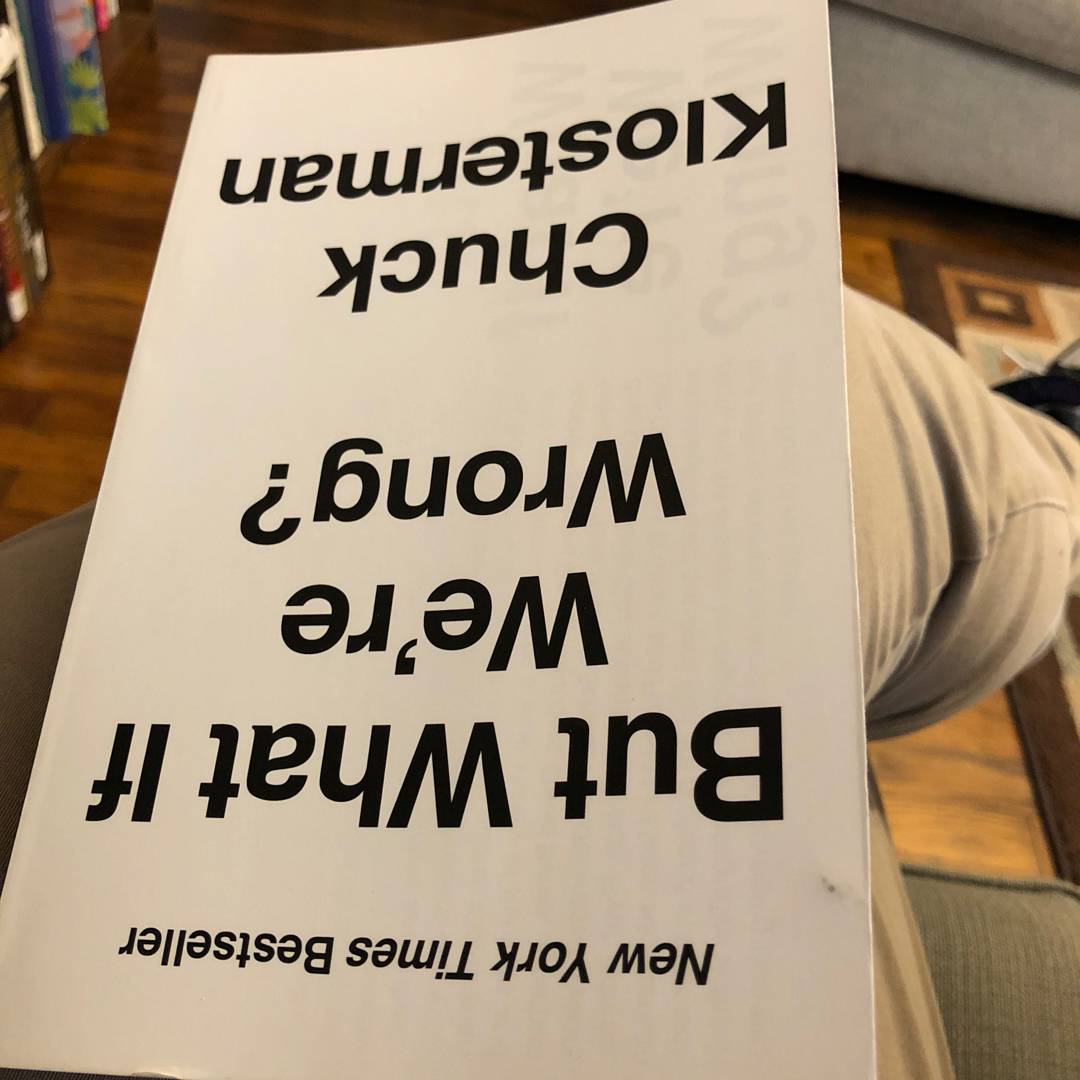
I‘ve read all of Chuck Klosterman‘s other books and this one didn‘t disappoint. I think he has a unique way of looking at things and I always find myself thinking and talking about things from his books for a long time after I finish reading them. If something sticks with me like that, it‘s a definite plus.
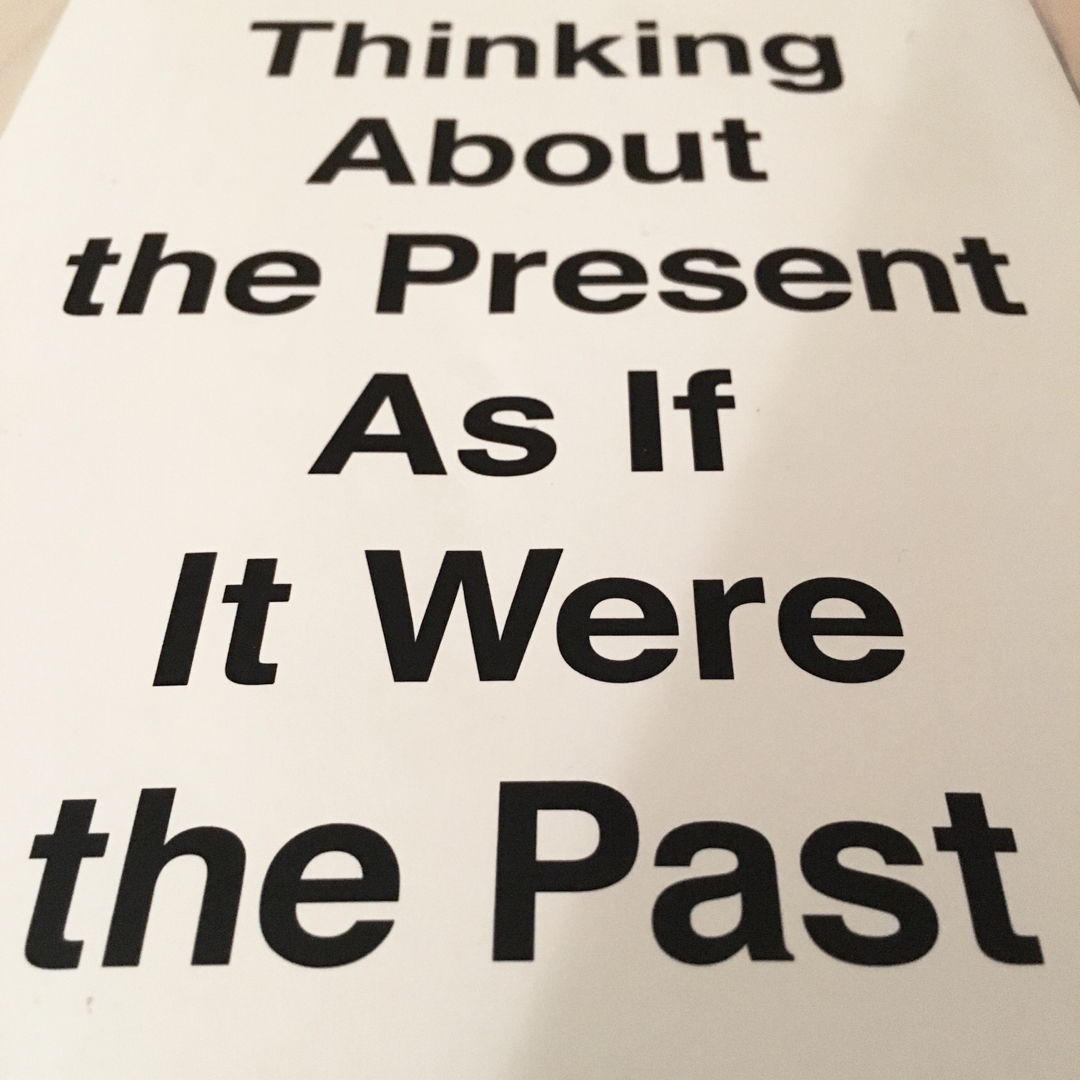
I really enjoyed this, as I do all of Klosterman‘s works. I love a good thought experiment, and that‘s all this book is. Each chapter tackles a different facet of our lives (music, movies, the night the color of a dress caused everyone to collectively lose their minds) and makes you think about it in a different way.
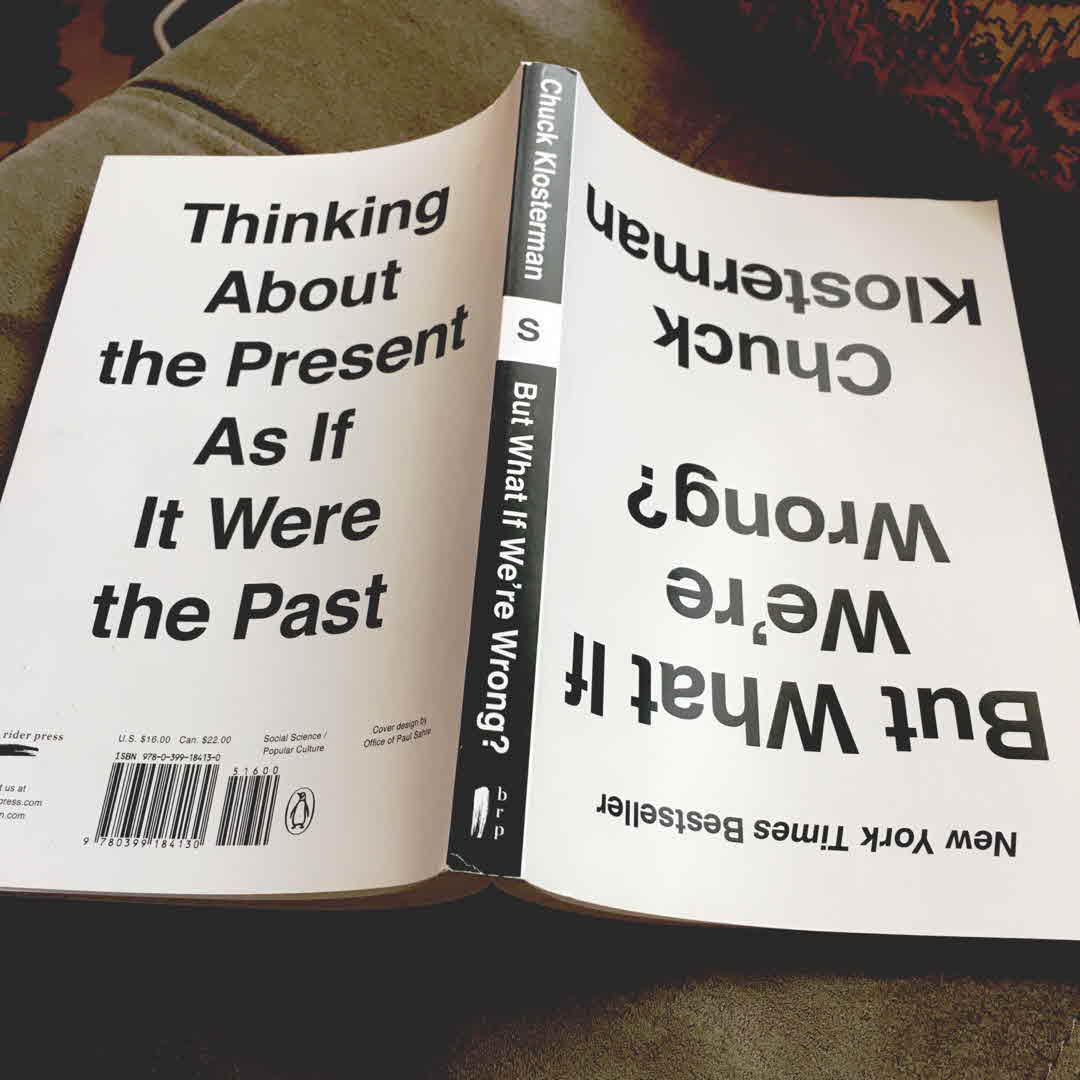
“On the evening of February 26, 2015, I (along with millions of other people) experienced a cultural event that—at least for a few hours—seemed authentically unexplainable... But I still think about that night. Not because of what happened, but because of how it felt while it was transpiring.”
OMG HE‘S TALKING ABOUT THE DAMN DRESS. I vividly remember that night, thinking I was going insane. All because of the way people perceive color. Smh. 😂
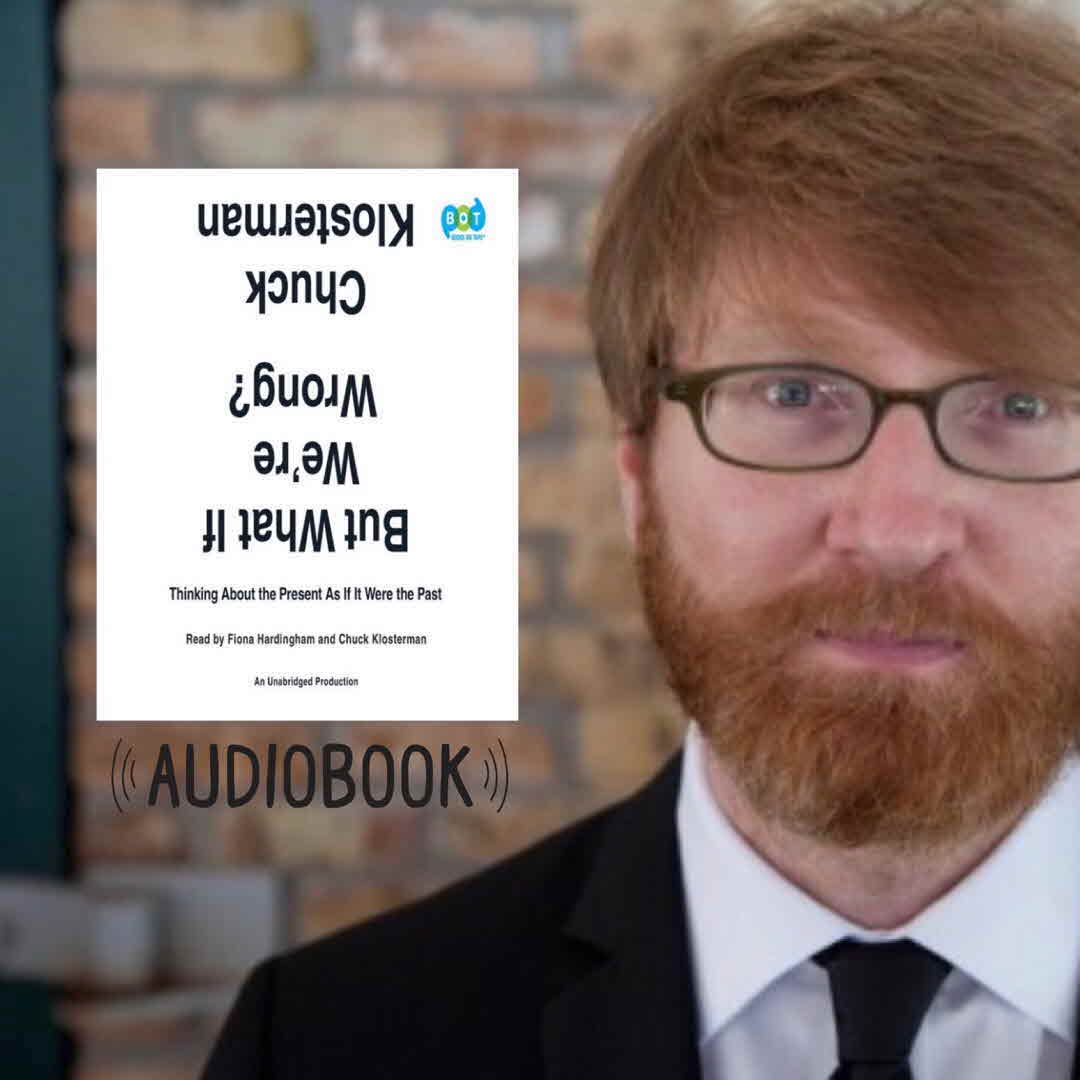
“History is defined by people who don‘t really understand what they are defining.”
This was a really fascinating and thought-provoking read! Klosterman takes a sociological look at several cultural facets, asking sometimes bizarre, but poignant questions. I particularly liked the part about authors and writing (naturally!) and the section on the US Constitution. Overall, a great read!
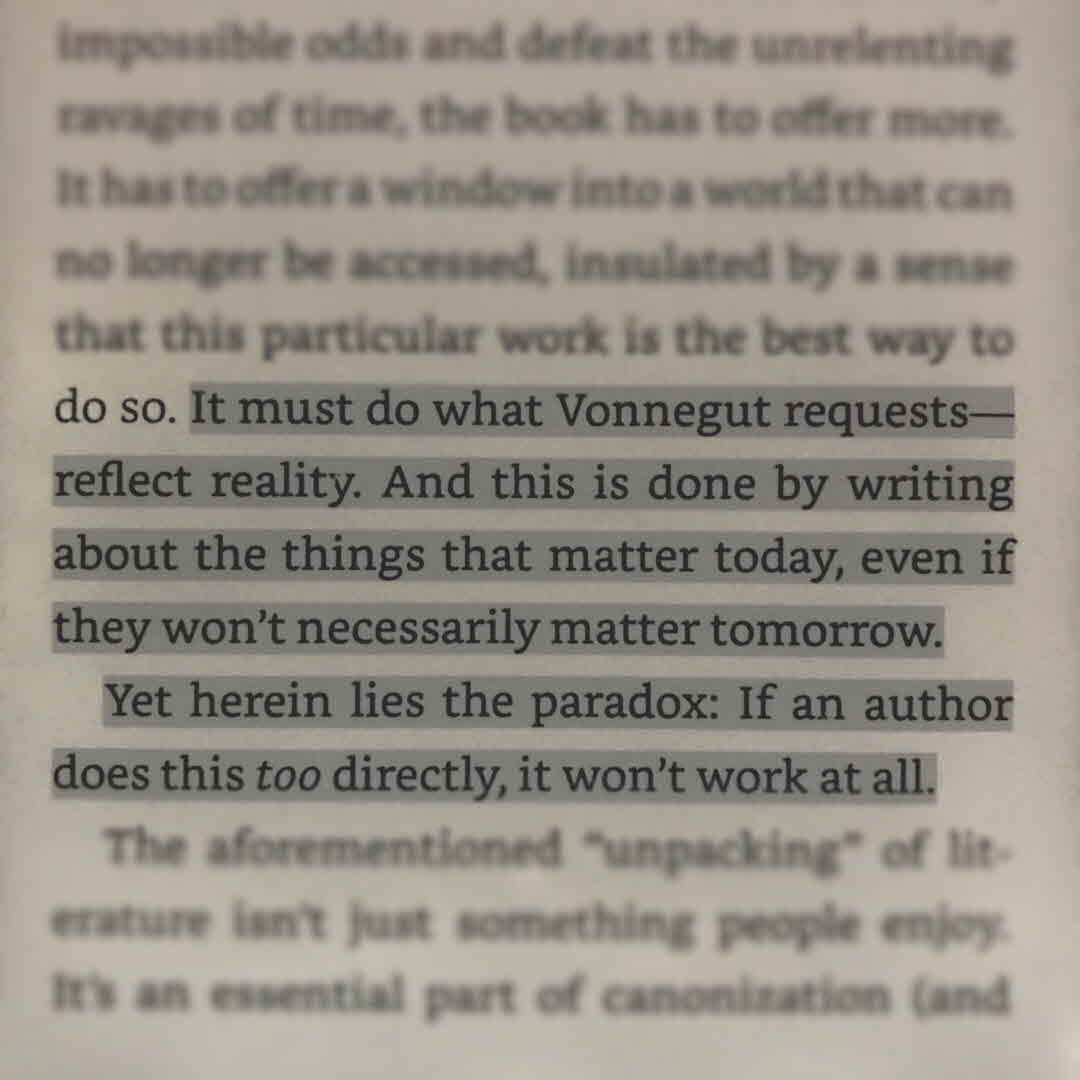
Klosterman citing #Vonnegut? I‘m in! 👏🏻 Here, he‘s referencing Vonnegut‘s statement that current technology should not be left out of writing in order to make it more accessible. Write about what matters now; reflect reality.
I‘m really enjoying this book so far! I‘m switching between #audio and #ebook, both via #overdrive.
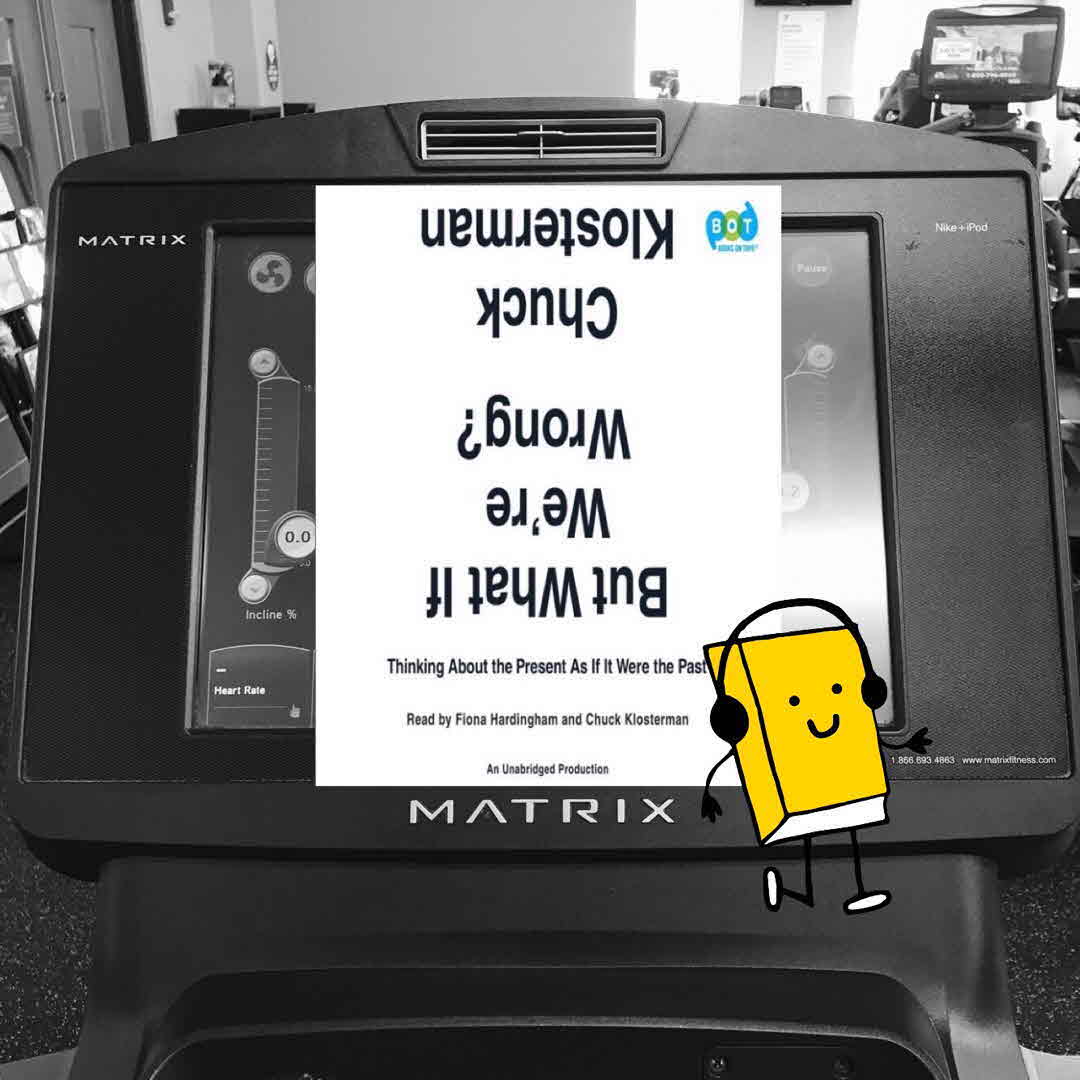

1. I get most of my books from the library where I work - both print and through Overdrive.
2. 10! My mom refers to my feet as “skis,” because they‘re so long and narrow.
3. Chips and salsa/guac/queso.
4. Parks & Rec forever!

But what if we‘re wrong? That‘s the question Klosterman asks. I really enjoyed this nonfiction book about the ways in which we look at the past with eyes of the present. And the ways in which we look at the future with eyes of the present. Both ways lead to error. This book is very rabbit hole-ish. Yet, I liked sinking into probable scenarios. The part that talks about simulation freaked me out. Anyone ever heard of that theory?